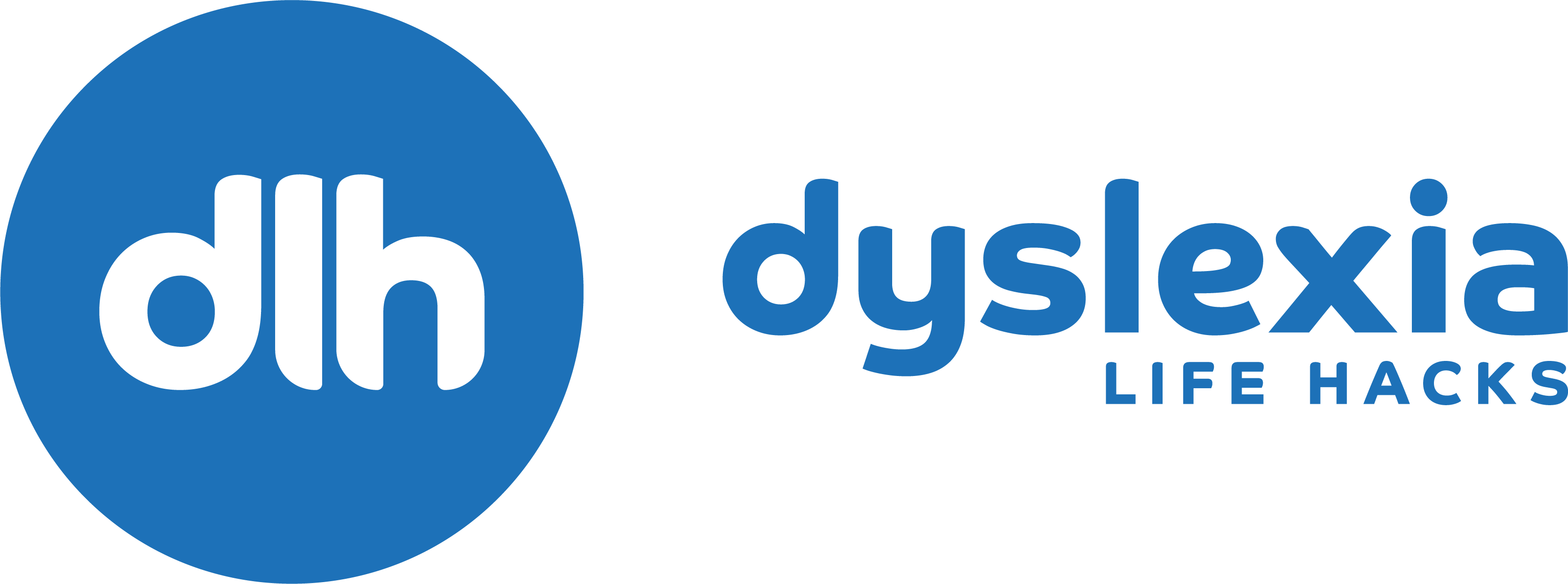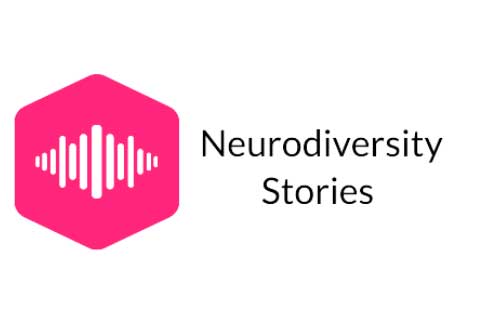Emily Gee, a dyslexic, dyscalculic, and dyspraxic individual, struggled in school but found solace in performing arts. Despite academic challenges, performing boosted her confidence and became her forte. Supported by understanding teachers and parents, Emily embraced her strengths, overcoming insecurities. Unlike dyslexia, dyscalculia lacks awareness and support in education. Emily, now advocating for the Dyscalculia Network, aims to raise awareness and early intervention for dyscalculia. Her journey underscores the importance of recognizing and nurturing strengths over weaknesses. This podcast episode resonates with parents of children displaying signs of dyslexia, dyspraxia, or dyscalculia, offering insights and encouragement.





